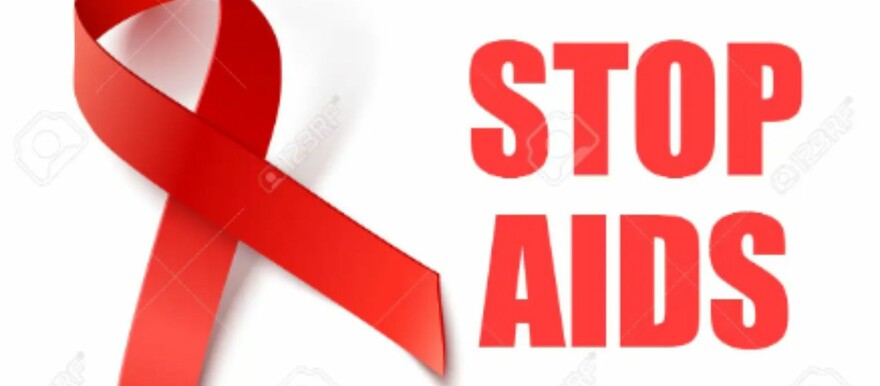A health official in Yei River County in Central Equatoria State has said the rate of HIV/AIDS infections in the greater Yei area has increased.
Sokiri Samuel Ladu, a clinician in Yei, told Radio Tamazuj Tuesday that in between August last year and May this year, the number of new patients registered for treatment jumped from 1902 to 2005.
“From last October to May 2023, the number rose to 2005 meaning several clients were added who are newly diagnosed HIV positive and then they are added into care and treatment,” he explained. “I think this is an indication that there are still many people out there in the community who do not know their status and there is a need to control the pandemic.”
Health workers in Yei have in the last 2 years contained the spread of the virus in the community by following up with positive clients to make sure they take their medication as instructed.
Meanwhile, Agele Juma who has been living with HIV for the last 8 years, appealed to the local government to extend HIV testing to rural areas because he believes there are many positive people out there.
‘’I want the government to open their eyes and open health centers in the villages so that people there can also go for the testing because many people fear getting their drugs from the hospital,” he said. “I am encouraging those who are positive not to stress themselves and you should go and get your drugs so that it can help the body because this sickness is now like malaria. I am living positively, taking my drugs, and following the rules.”
Mathew Logoro, another HIV-positive individual, encouraged the public to practice self-control to contain the spread of the virus.
“This sickness is common. I thought I was the only one but we are many in this world and we should have self-control. If we take our medication, one can stay alive for a long time,” he said. “Those who are staying in the community and do not know their HIV status are encouraged to voluntarily go for check-up and those already on treatment should continue taking their medication to reduce the viral load so that they will not infect others.”
With such unpleasant statistics, many efforts need to be put in place by the health sector in following up with their clients, especially those on treatment, and in the creation of awareness about HIV/AIDS.




